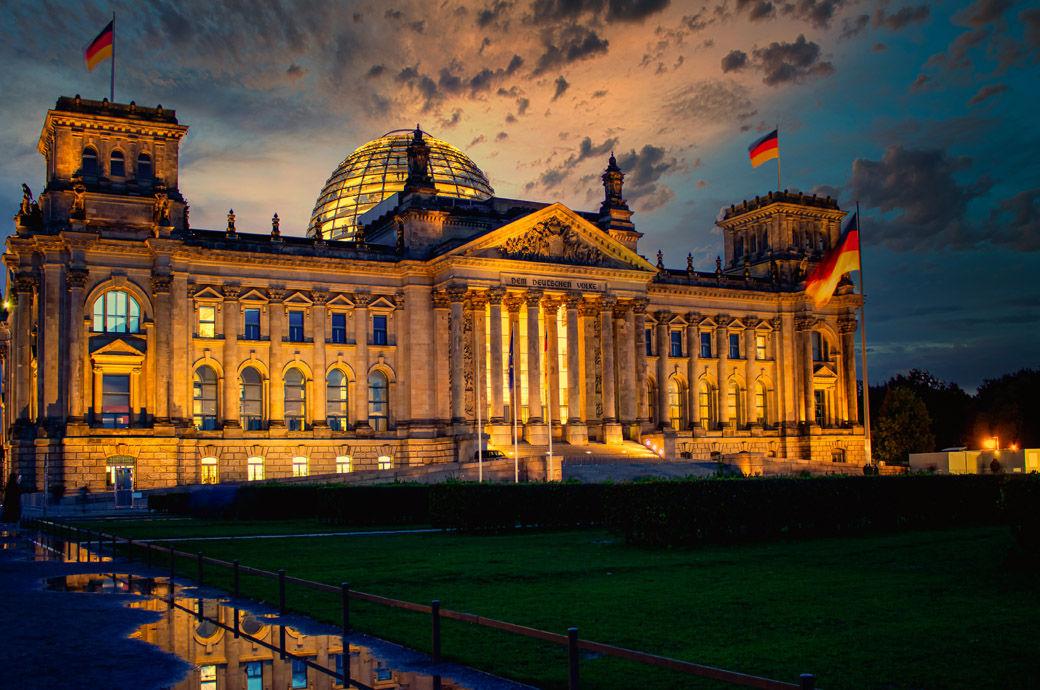
A few environmental groups have sharply opposed the proposed changes. The opposition conservative Christian Democrats (CDU) and their Bavarian sister party, the Christian Social Union (CSU), also objected to the reforms.
Under the proposed reforms primarily pushed by the liberal Free Democrats, however, compliance with the climate targets will no longer be monitored retrospectively by sector but will instead be forward-looking, multi-year and take multiple sectors as one, according to a domestic news agency.
Critics say accountability-ensuring requirements like placing specific responsibility with individual ministries will be stripped from the law.
Germany's transport and construction sectors missed targets last year.
If it is clear in two years that the country is not on track to achieve its 2030 climate goals, then broader changes would be required.
Further climate targets enshrined in German law include reducing emissions by 88 per cent by 2040 and achieving GHG neutrality by 2045, which would mean emitting no more carbon dioxide than can be absorbed.
The country’s GHG emissions dropped by a tenth last year with renewable energy growing in importance and the use of coal and gas diminishing, according to official data.
Germany emitted about 673 million tonnes of GHG in 2023, a decline of 76 million tonnes or 10.1 per cent year on year, the country’s environmental protection agency said. It was the strongest decline since 1990.
Fibre2Fashion News Desk (DS)